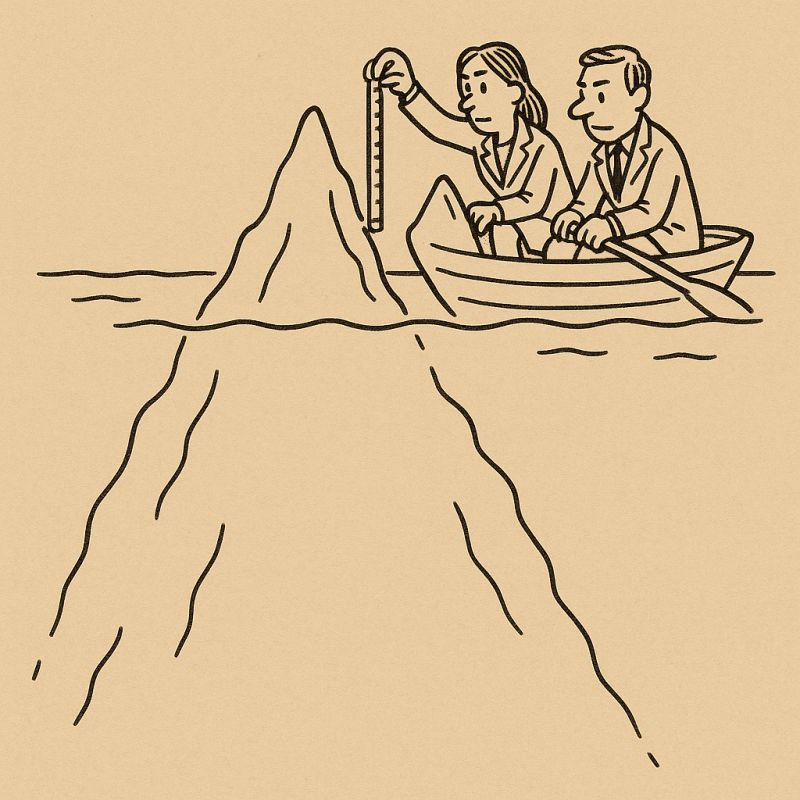The purpose of a metric is to focus attention. That is also its greatest danger.
When you measure something, it doesn't just become visible. It actively pulls focus and resources from everything you don't measure. A hospital starts tracking patient throughput. The metric improves. Unseen: the nurse who no longer spends five extra minutes explaining medication to a confused patient. There's no KPI for "prevented a costly readmission through an unhurried conversation," so a vital conversation now feels like unproductive time.
We think we measure what we value. More often, we come to value what we measure. A university ranks departments by research citations. Within a few years, the most interesting scholars have either left or learned to publish safe, predictable work. No one voted to kill innovation. But the system no longer rewards discovery; it rewards the production of discovery's metrics. The scoreboard has replaced the game.
This obsession creates a silent tax on the work itself. The product manager, pulled from customer conversations to prep for metric reviews. The engineer, optimizing for what's tracked instead of what would improve the product. This is a permanent drag on the very work the metrics were supposed to improve.
None of this argues against measurement. Data is powerful when used properly. The problem isn't that we measure—it's that we measure thoughtlessly. We confuse the map for the territory, mistaking simplified numbers for complex reality. Good measurement illuminates; bad measurement blinds.
The most effective organizations master measurement by asking one question: "What specific decisions will change based on this number?" If the answer is vague, they refuse to measure it. They understand that continuous tracking creates continuous behavioral distortion, and remain vigilant for unintended consequences—because metrics generate behaviors their creators never anticipated. True mastery means adjusting course when measurement undermines its own purpose.
To achieve this culture, reward people for shrewd judgments about unmeasured impact. The manager who built unbreakable trust with a key client. The engineer who refactored a system for maintainability that will save millions. Successful companies learn that protecting unmeasurable value means putting people in power who understand it.
The dashboard provides a comfortable illusion of clarity. Real clarity comes from understanding what the dashboard shows—and having the courage to act on what it can never show you.
